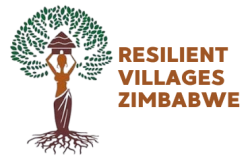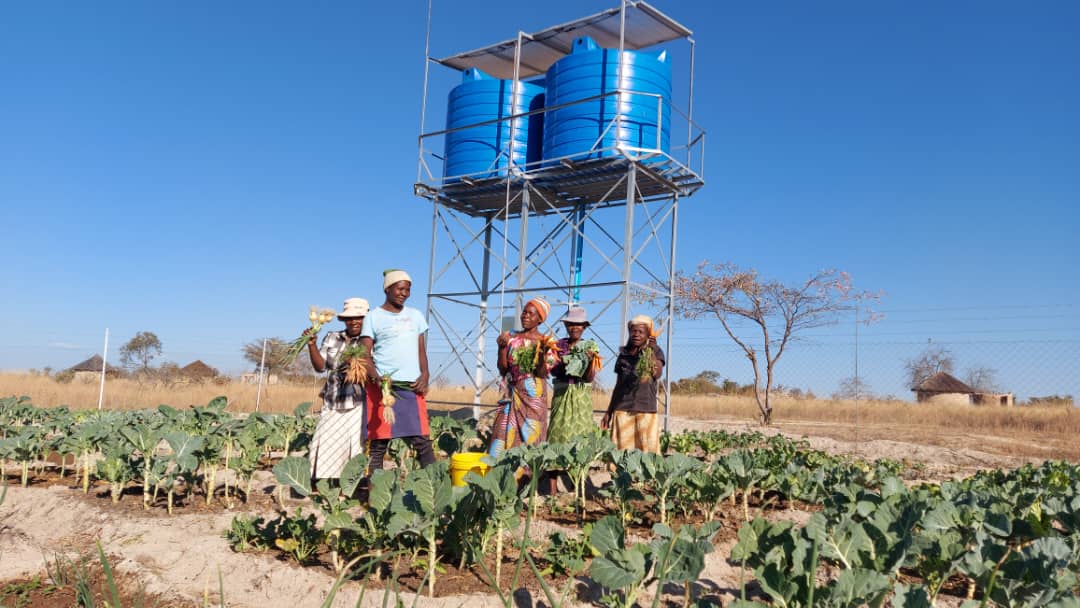Munhande Village in Zimbabwe recently launched a nutrition garden project to address critical community needs. This innovative initiative aims to improve the nutritional status of residents by cultivating a diverse range of fruits, vegetables, and legumes. By reducing reliance on external food sources, the garden strengthens food security and enhances the community’s resilience to food shortages. Furthermore, the project prioritizes sustainability through water conservation and organic farming practices, minimizing environmental impact.
Beyond nutritional benefits, the garden aims to empower the community economically. By generating income from the sale of surplus produce, the project provides opportunities for economic growth and financial independence, particularly for women. This multifaceted initiative serves as a model for sustainable and equitable development, demonstrating the power of community-led solutions to address pressing social and environmental challenges.

